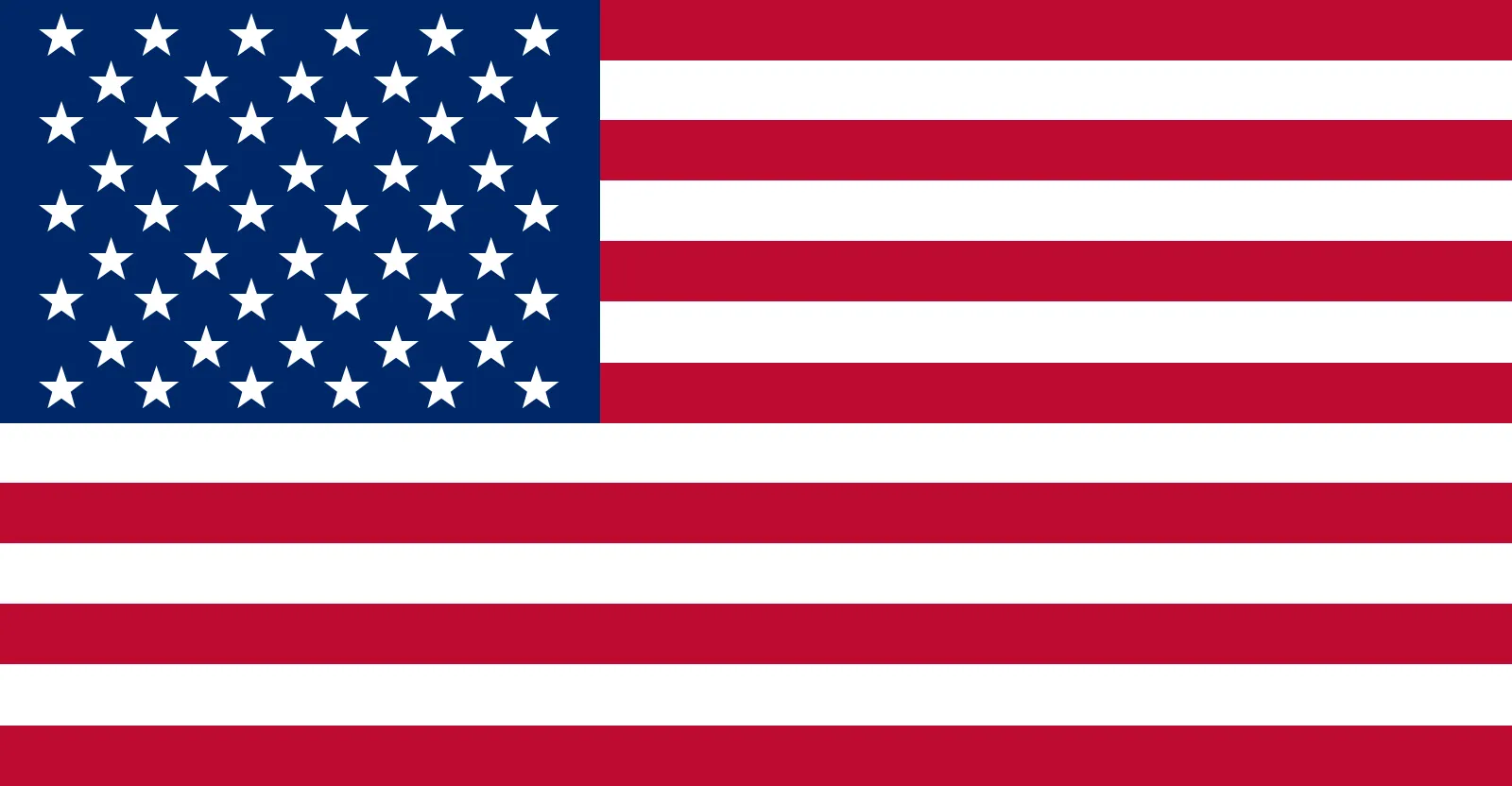Electricity Bill Exemption for the Poorest: What This Means for Brazilians
The exemption from electricity bills for millions of Brazilians is one of the most recent federal government measures, signed by President Luiz Inácio Lula da Silva. The Provisional Measure (MP), which took effect immediately, aims to benefit 60 million people, especially those in situations of economic vulnerability.
This initiative aims to alleviate the cost of living for low-income families, guaranteeing an essential service such as electricity free of charge for those who need it most.
What Does the Electricity Bill Exemption Mean?
The exemption from the electricity bill implies that families that fall into the lower income brackets no longer have to pay for the electricity consumed. The provisional measure signed by President Lula expands the benefits already offered to some income groups, now reaching a much larger number of Brazilians.
This exemption will be applied gradually, and it is estimated that more than 60 million Brazilians will benefit directly.
Beneficiaries of the Measure
The federal government estimates that the exemption will affect low-income families, especially those that are enrolled in the Unified Registry and the Bolsa Família Program. In addition, people who receive social assistance benefits will be entitled to this exemption, which represents a significant relief in the family budget.
- Cadastro Único and Bolsa Família: People in situations of economic vulnerability, who already receive financial support from the government, will have their electricity bills completely exempt.
- Peripheral communities and areas: Many regions of Brazil, especially those farthest from large urban centers, also benefit from this measure.
How Does the Interim Measure Impact the Electricity Sector and the Economy?
The measure, although aimed at supporting the poorest sections of the population, is also part of a broader process of reform of the electricity sector, which aims to improve the distribution and access to electricity throughout the country.
This reform has the potential to improve the efficiency of the service provided, in addition to reducing inequality in access to energy.
Short-term Effects
The measure took effect immediately, but its full effects must be observed within 45 days. During this period, the federal government will implement the necessary structural changes to ensure that the electricity bill exemption is effectively enforced.
- Reduction of the electricity bill: Vulnerable families will no longer have to worry about paying for electricity, which can represent a great relief in domestic finances.
- Impact on the local economy: The measure may also have an impact on the local economy, since the savings generated with the exemption can be directed to other basic needs of families, such as food and health.
- Future Steps: Approval by Congress
Although already in force, the provisional measure must be approved by the Chamber of Deputies and the Federal Senate within 120 days. If the measure is not approved within this period, it loses its validity.
Thus, Congress will have the responsibility to validate the proposal and ensure that it becomes a permanent public policy.
How Does This Benefit Low-Income Families?
The main advantage of the exemption is direct aid for low-income families, who have faced increasing difficulties due to inflation and high living costs.
The electricity bill often represents a significant expense in the household budget, and the exemption from this cost can help alleviate the financial pressure of these families.
- Reduction of the cost of living: The measure contributes to the reduction of monthly expenses, allowing families to direct their resources to other needs, such as food, health, and education.
- Guaranteed access to electricity: The exemption also guarantees that families can access electricity without compromising their budget, which is fundamental to quality of life and well-being.
The Impact of the Exemption on the Most Needy Regions
The measure has a significant impact, especially in peripheral areas and poorer regions, where inequality in access to electricity is more pronounced. Many of these communities face difficulties not only with the payment of electricity bills, but also with the irregularity of the energy supply.
- Attention to more remote areas: The federal government is also focused on ensuring that communities farther away from large urban centers have adequate access to electricity, improving the living conditions of these populations.
- Increased social inclusion: The exemption is a way to promote social inclusion, allowing all layers of the population to have access to basics, such as electricity, without burdening their budget.
Conclusion: The Way to a More Just and Egalitarian Brazil
The exemption from electricity bills for the poorest is an important measure that not only alleviates the financial burden on millions of Brazilians, but also contributes to reducing social inequality in Brazil.
This action reflects the federal government's commitment to promote social inclusion and ensure that everyone has access to essential services, such as electricity, without compromising their quality of life.
With the approval of the Provisional Measure by Congress, this policy could be consolidated as a permanent strategy to support Brazilians who need it most.
For Makan Capital, which deals with real estate investments in the United States, understanding the impact of public policies like this in Brazil is fundamental to understanding consumer trends, population needs, and growth opportunities in the real estate sector.



